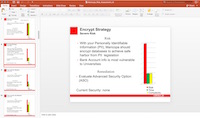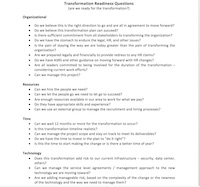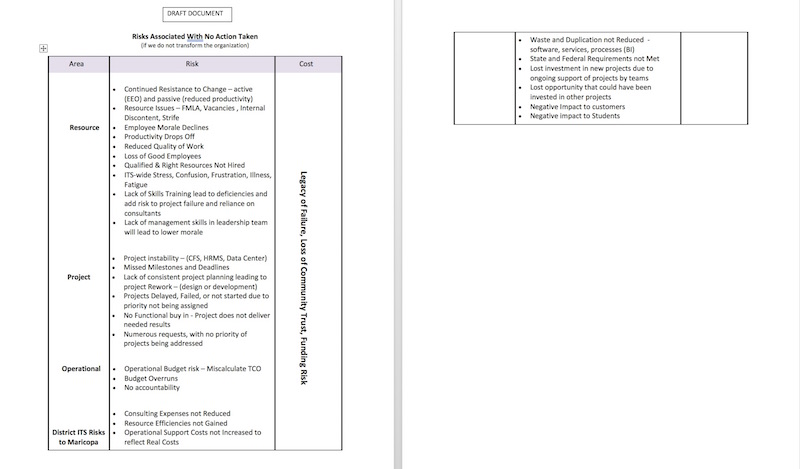Sometimes it’s easy to forget that although a breach may be in the headlines for the proverbial 15 minutes, the impact of some breaches and resulting litigation may go on for years.

Back in 2011 and and 2013, DataBreaches.net reported on breaches involving the Maricopa County Community College District (MCCCD). The earlier breach appeared to be a relatively small one that I had learned about through a paste showing multiple entities’ data for sale. But the second breach, the one disclosed in 2013, was big. In fact, it appeared to be the largest breach ever reported by a post-secondary educational institution in this country, and I think it probably still holds that unfortunate record. But the proverbial dung hit the fan when it came out that the second breach might have been totally avoidable had MCCCD properly remediated the first breach.
Eventually, this blogger filed an FTC complaint against MCCCD under the Gramm-Leach-Bliley Act, asking the FTC to investigate the college’s security failures (as revealed by documentation this site had obtained from a variety of sources). EPIC also filed a complaint asking the FTC to investigate MCCCD’s alleged data security failures under its GLBA authority. As far as I know, the FTC never investigated. Whether they declined to investigate due to lack of resources or for some other reason is unknown to me.
I recently learned, however, that a former employee of MCCCD, Miguel Corzo, is still tied up in litigation against MCCCD. MCCCD had appeared to have pretty much thrown him under the bus, trying to blame the 2013 breach on him.

And I suppose that I shouldn’t be so surprised, but it sounds like the college is still claiming ignorance of a number of reports and warnings they had allegedly been given before the 2013 breach.
Back in 2014, as part of DataBreaches.net’s investigation into the MCCCD breach, this blogger interviewed or exchanged email communications with a number of then-current and former MCCCD employees and contractors. This site also obtained state audits from public records searches as well as copies of reports prepared by external contractors and/or employees.

Among the files and reports this site obtained were some very bluntly written reports warning MCCCD of what would likely happen if they didn’t take certain actions. Some of those reports were sent to me with a statement that the reports had been handed directly to the then-Chancellor and “all members of his Vice Chancellor group” at the beginning of 2013.
The reports obtained by this site included four Word files named, “OnGoing Risks,” “Risks_Associated_With_No_Action,” “Key Transformation Success Factors,” and “Transformation Readiness Questions,” as well as other files titled, “MCCCD – Incident Response Consulting 2011 – Tactical Project Recommendations” (a consulting report from Stach & Liu), “Maricopa_Risk_Assessment_v3 (a PowerPoint file prepared by Oracle), “Maricopa – Security insight Slides2 (a PowerPoint slide), and “First Draft – Information Security Program – 06012011” (a Word file).

Other relevant reports are mentioned in a partial chronology published in this post and in this post.
For the most part, DataBreaches.net did not publish the reports this site obtained, for fear that publication at that time might provide criminals with a roadmap for how to successfully attack MCCCD (again) if MCCCD still had not remediated certain vulnerabilities. But the fact that this site didn’t publish all the reports or name the former employees or contractors who provided this site with reports and statements doesn’t mean that the reports do not exist or that they were never given to MCCCD prior to the large 2013 breach.
It’s time for any cover-up to stop.